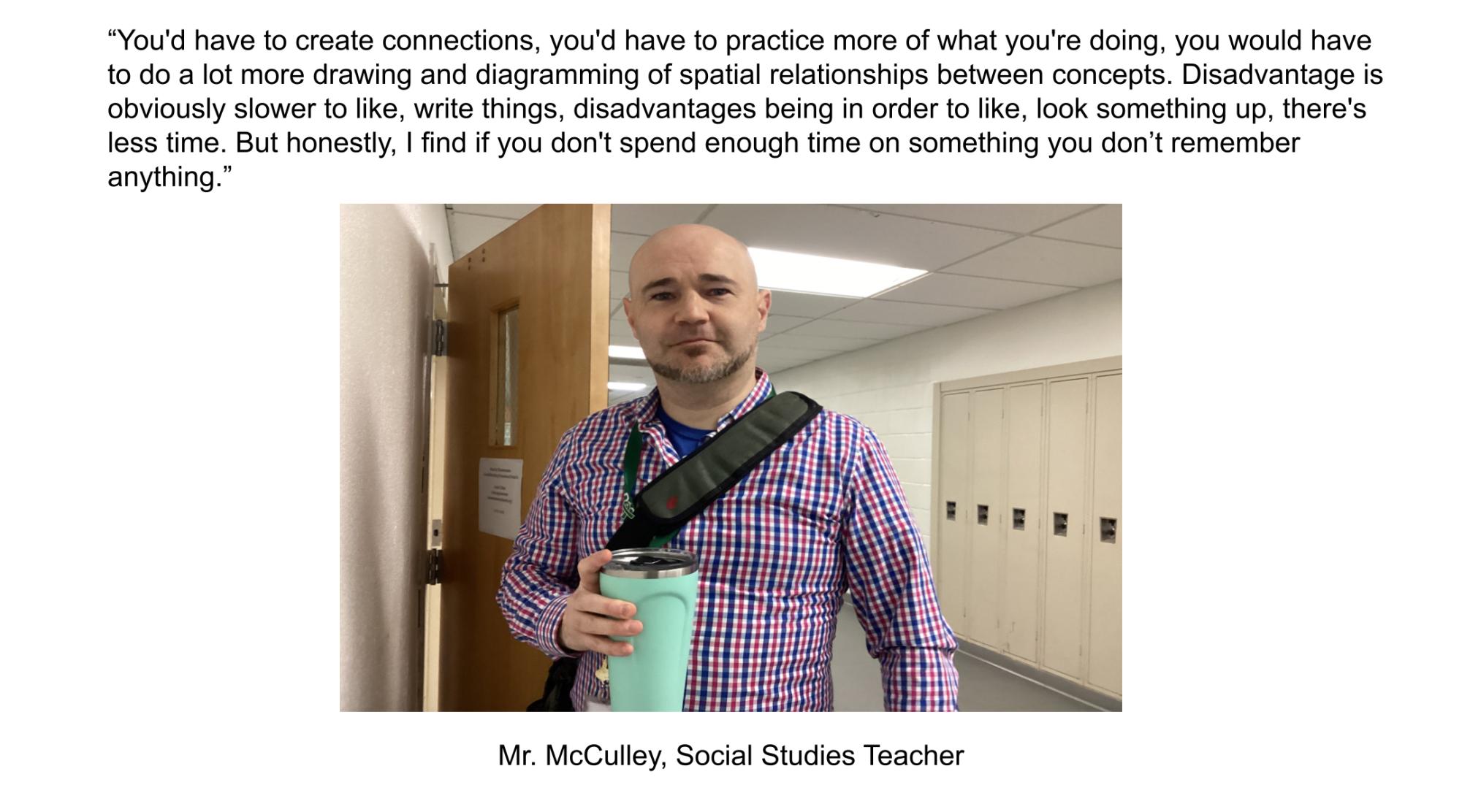Movie Review: If Beale Street Could Talk
March 6, 2019
Though Barry Jenkins was seen as a legend in his creation of Moonlight in 2016, all good things must come to an end, critically. Moonlight, the story of an impoverished, African American boy coming of age in Miami, was awarded the covetous best picture, beating La La Land. Now, it seems Jenkins’s second feature film, If Beale Street Could Talk, is getting much less love and recognition.
Featuring a young African American couple faced with an unplanned pregnancy, a wrongly accused young man, and parents on opposite sides of the approval spectrum, If Beale Street Could Talk has all the makings of an interesting film. However, it only received 2 nominations (adapted screenplay and original score) and a win in the best supporting actress category for Regina King. So, why was Jenkins’s second film less decorated than his first? This question can be answered by an analysis of the story.
The film is told in a nonlinear style. The two main timelines are simple enough: the first details the couple’s romance and relationship, while the second highlights the dismal separation of the couple during her surprise pregnancy due to his imprisonment. This, in itself, was not confusing, but it was seen many times before recently. Beautiful Boy, Dunkirk, and others have all enjoyed the convenience of prolonging interest and suspense through panning back and forth until the dots connect. And, if done correctly, it can create a beautiful masterpiece. However, Jenkins’s non-linear timeline served no use of creating a sort of mystery. This was not the main intent of the film, and this was not necessary. From the first minutes, the main conflicts and concerns are voiced. Only one question is left unsolved until the ending of the film: will the baby’s father be found guilty or innocent? Everything in between this feels slow and paced out. This might have been done artistically and symbolically in trying to make the viewer wait with the characters and feel their pain, but it does make the level of entertainment in the film suffer, nonetheless.
Despite all of this, the film had many saving graces. Even though it only received one win in the acting categories, all the performances were extremely strong and outstanding. The reason for the lack of other nominations could probably be found in the fact that the film had no one lead, causing the performances to lack conformity to a single category. Other than acting, the cinematography and directing were so artistic. Every shot meant something. The entire film felt beautiful, despite the depressing content. The editing, though lacking special effects because there was no need, was gorgeous in the seamlessness of the two timelines.
So, Barry Jenkins seemed to lose the critics in regards to the story. This might have kept the film from nabbing a best picture nomination, but it seems to have been a grave miscalculation from the academy either way. Fans love the movie and there is a great and unified puzzlement as to why the film didn’t get more than it did. The movie had meaning and an understated beauty that just got overlooked.


















